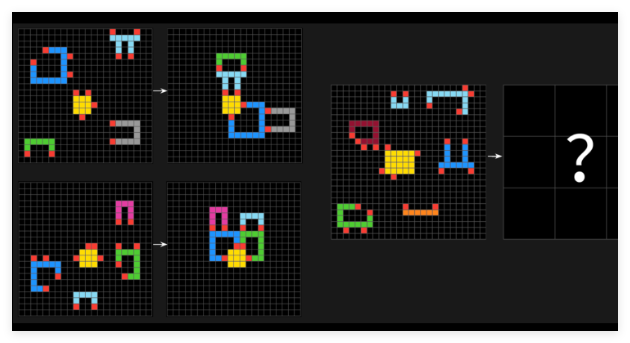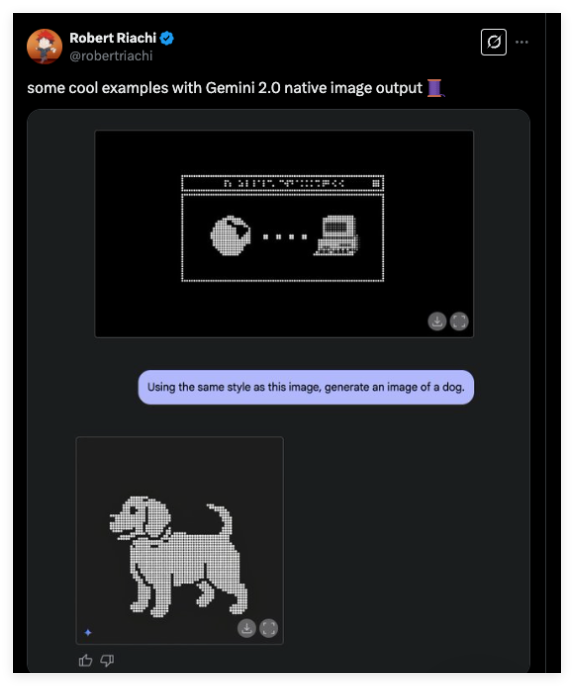Google recently announced the launch of its AI research assistant system based on Gemini 2.0—AI co-scientist, aimed at providing virtual collaboration for scientists to generate novel research hypotheses and suggestions.
This system not only features conventional literature review and summarization capabilities but also groundbreaking original knowledge discovery abilities. The AI co-scientist can simulate the reasoning process of the scientific method, providing researchers with innovative research hypotheses and proposal plans based on existing evidence and specific research objectives.

In practical applications, the AI co-scientist has achieved significant results in three key biomedical areas. First, in the drug repurposing research for acute myeloid leukemia, the AI system proposed new drug candidates, which were validated through experiments. Secondly, in the discovery of liver fibrosis targets, it successfully identified fibrosis-targeting mechanisms based on preclinical system evidence, providing new directions for future treatment strategies. The co-scientist also helped explain the mechanisms of antibiotic action by proposing new hypotheses related to bacterial gene growth through computer simulations, which were subsequently validated experimentally.
Google stated that the system will be accessible to research institutions through the Trusted Tester Program. This initiative means that AI-assisted research tools will enter the practical application phase, potentially bringing new efficiency improvements to scientific research.
Address: https://research.google/blog/accelerating-scientific-breakthroughs-with-an-ai-co-scientist/









